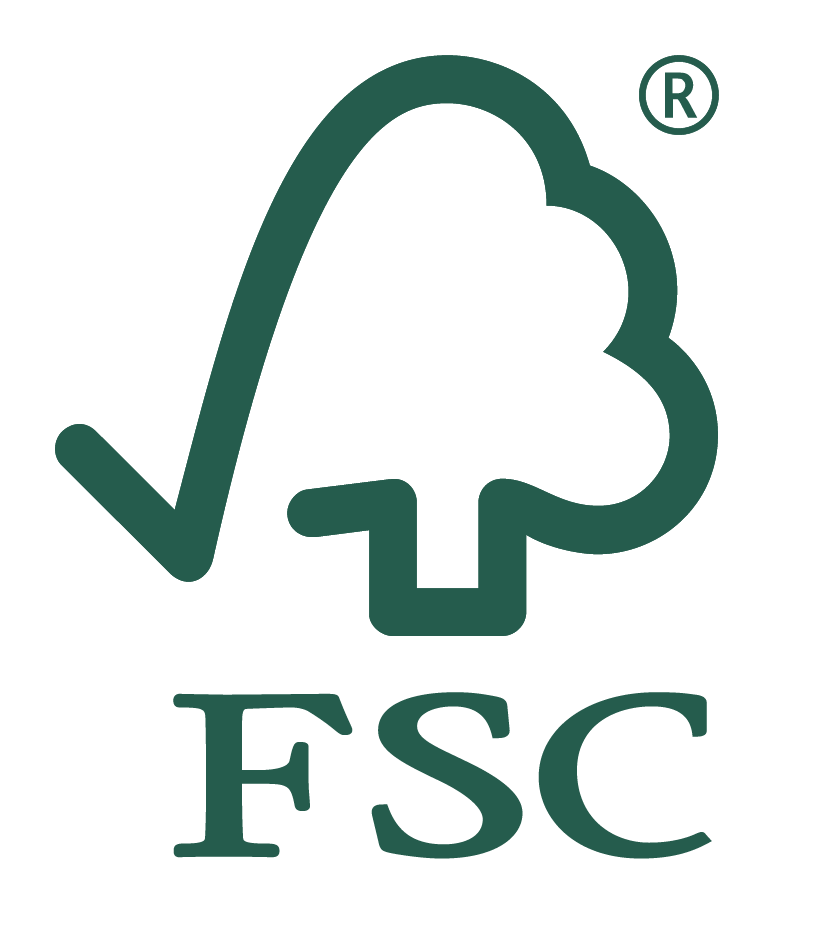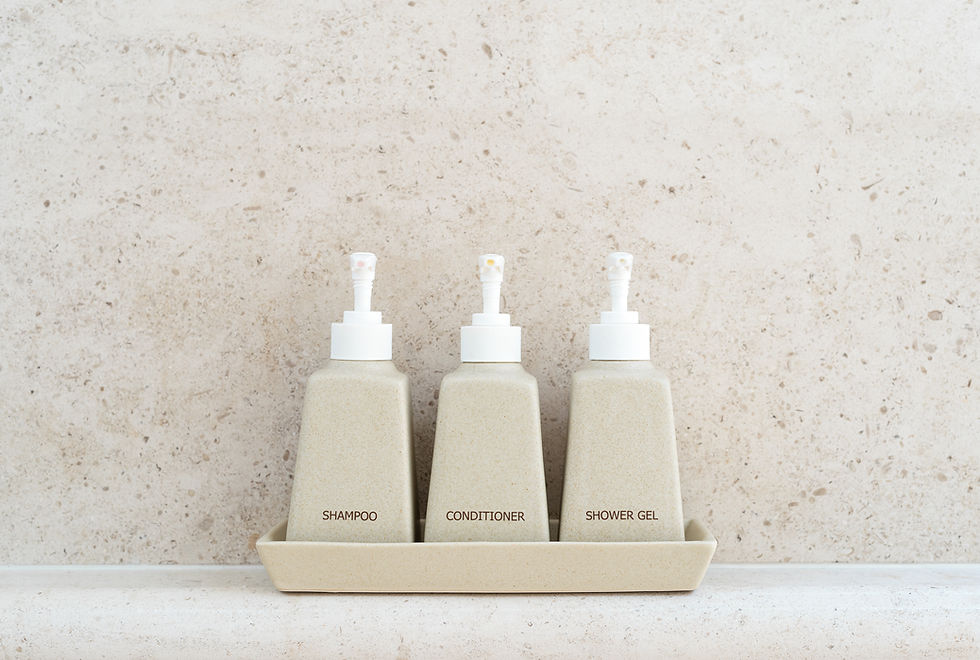Decoding Sustainability Certifications: What They Mean and Why You Should Care
- sam91181
- Mar 25, 2025
- 4 min read
As more and more consumers become aware of their impact on the environment, sustainability certifications have started to play a significant role in how we make purchasing decisions. It’s great to see this shift, but with a plethora of different labels popping up on products, it can be a bit overwhelming to figure out what each one truly signifies. These certifications cover a wide range of areas, from energy efficiency to ethical sourcing, and they serve an important purpose. They help us ensure that the products we choose meet high environmental and social standards. So, let’s take a closer look at some of the most important sustainability certifications out there and explore why they really matter in our everyday lives.

ENERGY STAR: Energy Efficiency
ENERGY STAR is a popular certification for energy-efficient products like appliances, electronics, and buildings. Started by the U.S. EPA in 1992, it encourages energy-saving practices for a greener planet. Products with the ENERGY STAR label meet strict efficiency standards, using less energy than regular ones. This not only cuts down on greenhouse gas emissions but also helps you save on utility bills. By choosing ENERGY STAR certified items, you’re making a smart choice for your wallet and the environment. The program also promotes energy-efficient building standards, leading to homes and offices that use less energy while keeping you comfortable. Overall, it supports a culture of conservation for a healthier planet and economy.

WaterSense: Water Conservation
The WaterSense label is a valuable indicator that helps consumers identify water-efficient products, including faucets, toilets, and showerheads. These products have been certified for their ability to use at least 20% less water compared to standard models, all while ensuring that they maintain high performance standards. This combination of efficiency and effectiveness makes WaterSense-labeled products an excellent choice for those looking to promote sustainability in their homes and businesses and reduce their water bills. By choosing these eco-friendly options, you not only contribute to the conservation of our precious water resources but also enjoy the benefits of long-term cost savings.

FSC Certified: Responsible Forestry
The Forest Stewardship Council (FSC) certification is all about making sure that the wood and paper products we use come from forests that are managed responsibly. Isn't that great? When you choose FSC-certified products, you're not just making a purchase; you're actively supporting the health of our planet! These products play a crucial role in protecting biodiversity, which means they help preserve the variety of life in our ecosystems. Plus, they promote ethical labor practices, ensuring that workers are treated fairly and work in safe conditions. And let’s not forget about the fight against deforestation. FSC certification helps reduce it, which is something we can all get behind. So, next time you're shopping for wood or paper, consider going for those FSC-certified options. It’s a small choice that can make a big difference!

Certified B Corporation: Social and Environmental Responsibility
B Corps are essentially businesses that go above and beyond when it comes to social and environmental responsibility. These companies have to meet some pretty rigorous standards to earn their certification, which means they’re not just talking the talk, they're walking the walk! When a company becomes a B Corp, it’s making a commitment to sustainability, ethical business practices, and making a positive social impact. This means they strive to operate in a way that not only benefits their bottom line but also supports people and the planet. It’s all about creating a better world, one business at a time!

LEED: Sustainable Building Design
Leadership in Energy and Environmental Design, or LEED for short, is a well-known certification that focuses on creating environmentally friendly buildings. When a building earns LEED certification, it means that it has been thoughtfully designed to use less energy and water. This is not just about saving resources; it’s also about producing less waste and ensuring that the indoor environments are healthier for everyone. Imagine walking into a space that not only looks great but also feels good to be in, all while being kind to our planet. That’s the essence of LEED-certified buildings!

Fair Trade Certified: Ethical Sourcing
Fair Trade certification is a really important label that helps us know that products like coffee, chocolate, and clothing are made under fair labor conditions. It’s all about ensuring that the people who produce these items are treated fairly and with respect. This certification not only supports better wages for workers but also promotes safe working environments. Plus, it encourages sustainable farming practices that are good for the planet. So, when you choose Fair Trade products, you’re making a choice that benefits both people and the environment.

Cradle to Cradle Certified: Circular Economy Standards
Cradle to Cradle certification is all about evaluating products on a few key criteria, including their material health, recyclability, and overall environmental impact. When you see a product with this certification, it means that it has been thoughtfully designed for a circular economy. This concept is really exciting because it emphasizes that these products can either be reused in new ways or safely returned to nature without causing harm. It's a great step towards sustainability, encouraging us to think more about how we create and use products in our everyday lives.

Why You Should Care
Sustainability certifications really play a crucial role in providing transparency and accountability in the marketplace. They help consumers like you and me make informed choices that truly align with our values. When you opt for certified products, you’re not just making a purchase; you’re actively supporting ethical businesses that prioritize our planet and its resources. Plus, by choosing these products, you’re taking steps to reduce your environmental footprint. It’s a win-win situation. In the end, every little choice contributes to a more sustainable future for everyone. So, it feels great to know that our buying decisions can make a positive impact!


Comments